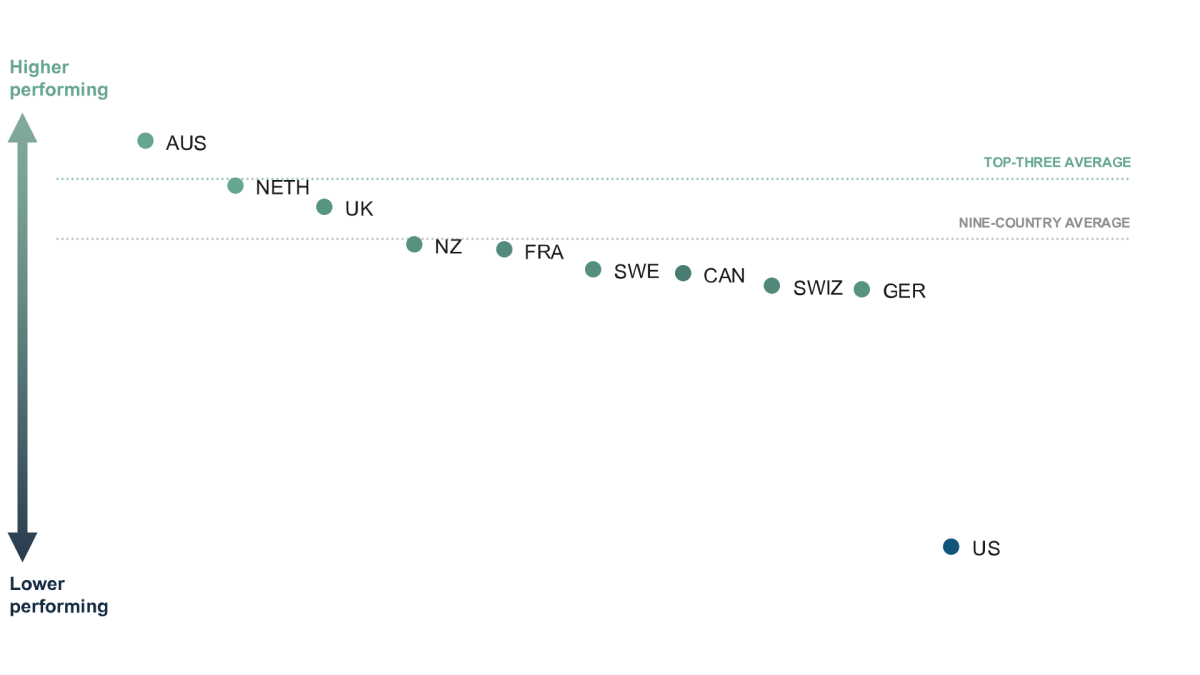Vaccine or veto?
February 11, 2022
As Covid-19 vaccine encouragement rises, a well-known, misinformation-powered
argument appears in many different places from many different sources: Should vaccines be mandated for school? The answer is a science-backed yes.
argument appears in many different places from many different sources: Should vaccines be mandated for school? The answer is a science-backed yes.
According to History of Vaccines, since the early 19th century, parents have protested and refused to vaccinate children, regardless of vaccines being considered one of the best public health achievements. For example, people criticized the smallpox vaccination due to sanitary, religious, scientific, and political objectives.
Vaccines work by introducing our body to “antigens,” germs that are weakened or dead. The body produces antibodies to fight them off, and if the body faces the illness again, it won’t get sick. Getting a disease naturally threatens the body’s health and can cause long-term effects, and in some cases, death.
Mandating vaccinations in schools is the least costly way to create herd immunity. Herd immunity arises when the majority of a community is immune to a disease lowering the chance of spread. Herd immunity is essential to the protection of people who cannot be vaccinated, such as babies or immune-compromised people.
Creating herd immunity is not only beneficial for health related reasons, but also
economic reasons. According to The US National Library of Medicine, developing herd immunity through mandating school vaccines is less expensive for the government.
economic reasons. According to The US National Library of Medicine, developing herd immunity through mandating school vaccines is less expensive for the government.
Overall, mandating vaccinations in school is the most effective and practical way to
create herd immunity and thereby prevent spread in our communities.
create herd immunity and thereby prevent spread in our communities.










